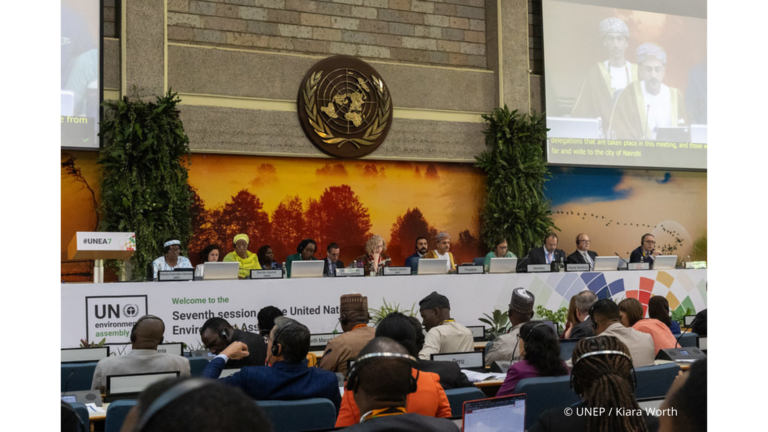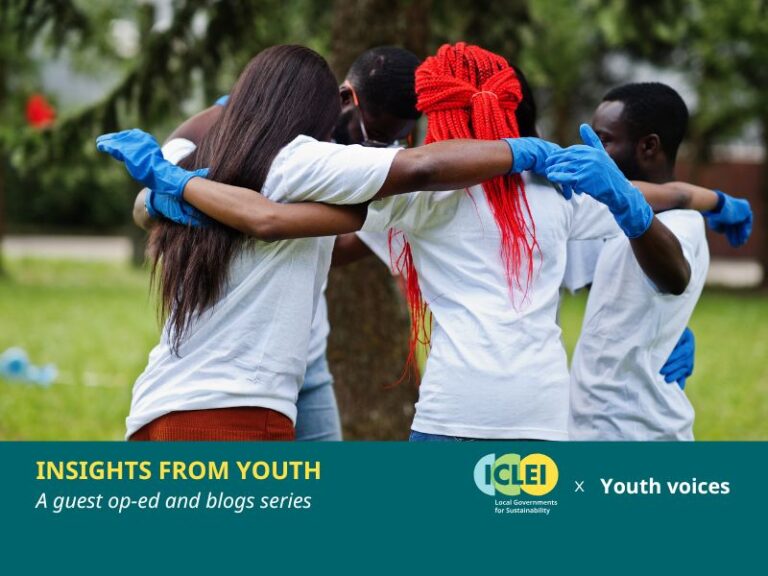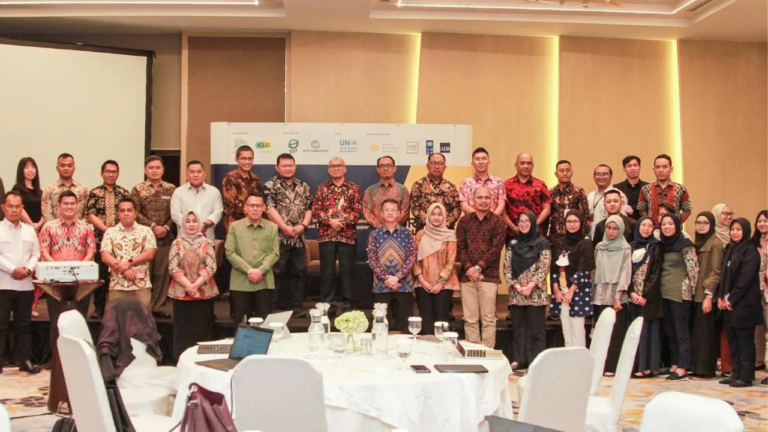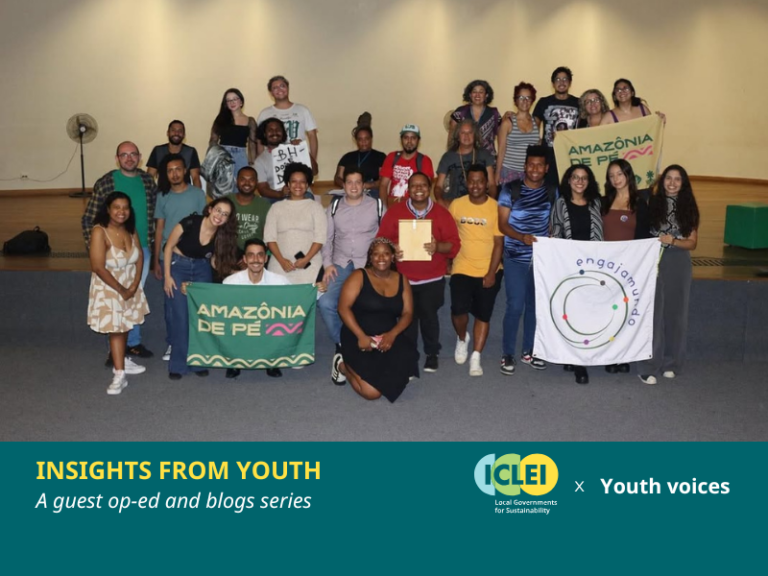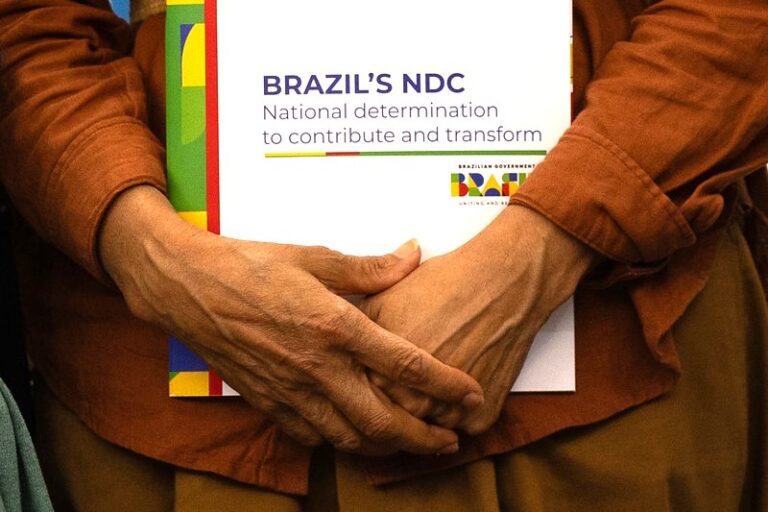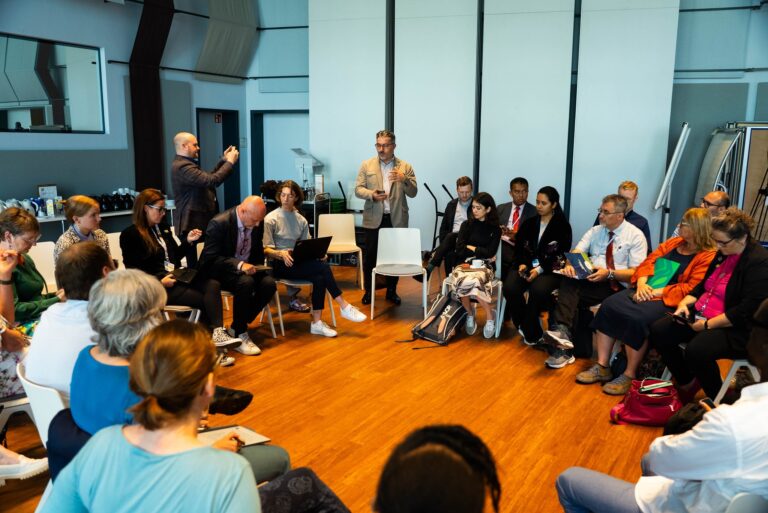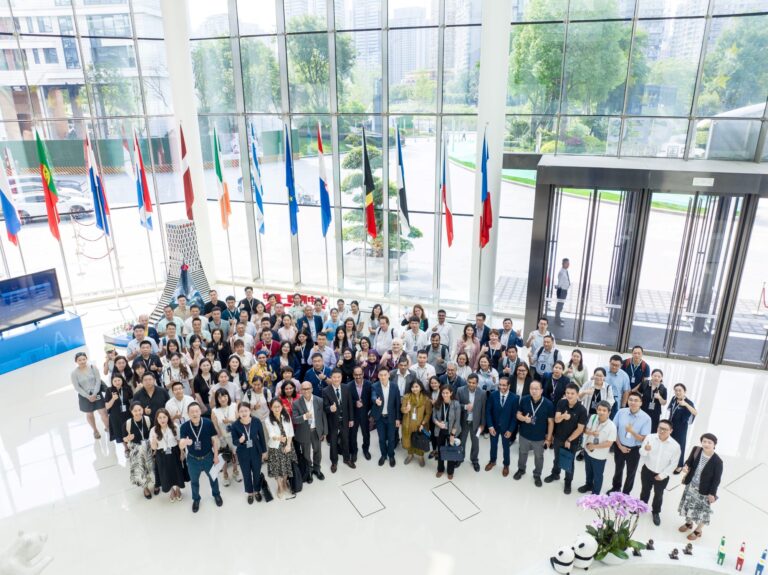Cities and regions address opportunities and needs on key environmental issues at UN Environment Assembly
As co-focal point of the Local Authorities Major Group, ICLEI ensures cities’ and regions’ voices are represented in the UNEA process, with subnationals calling for stronger synergies with the Rio Conventions and other Multilateral Environmental Agreements.

